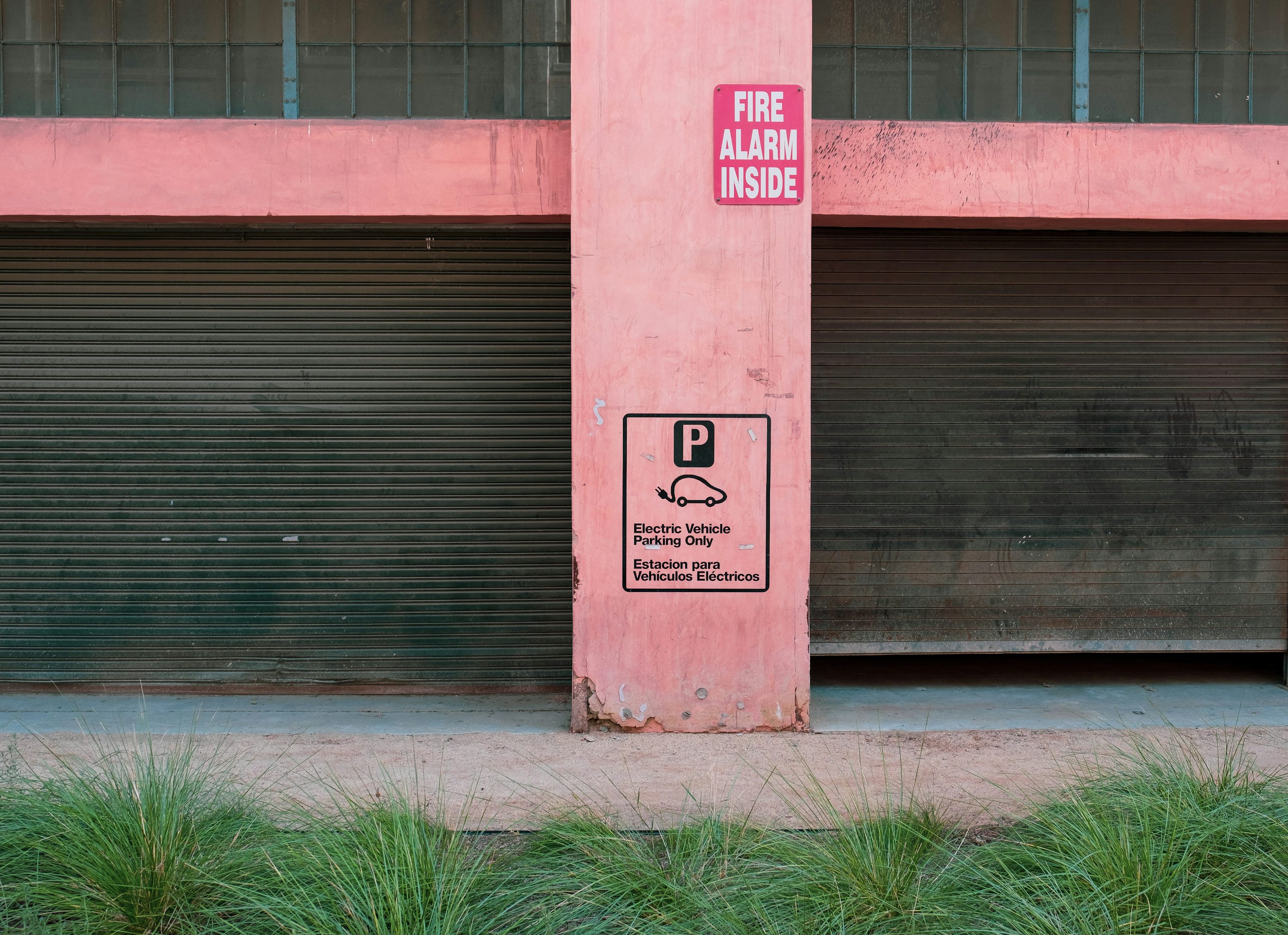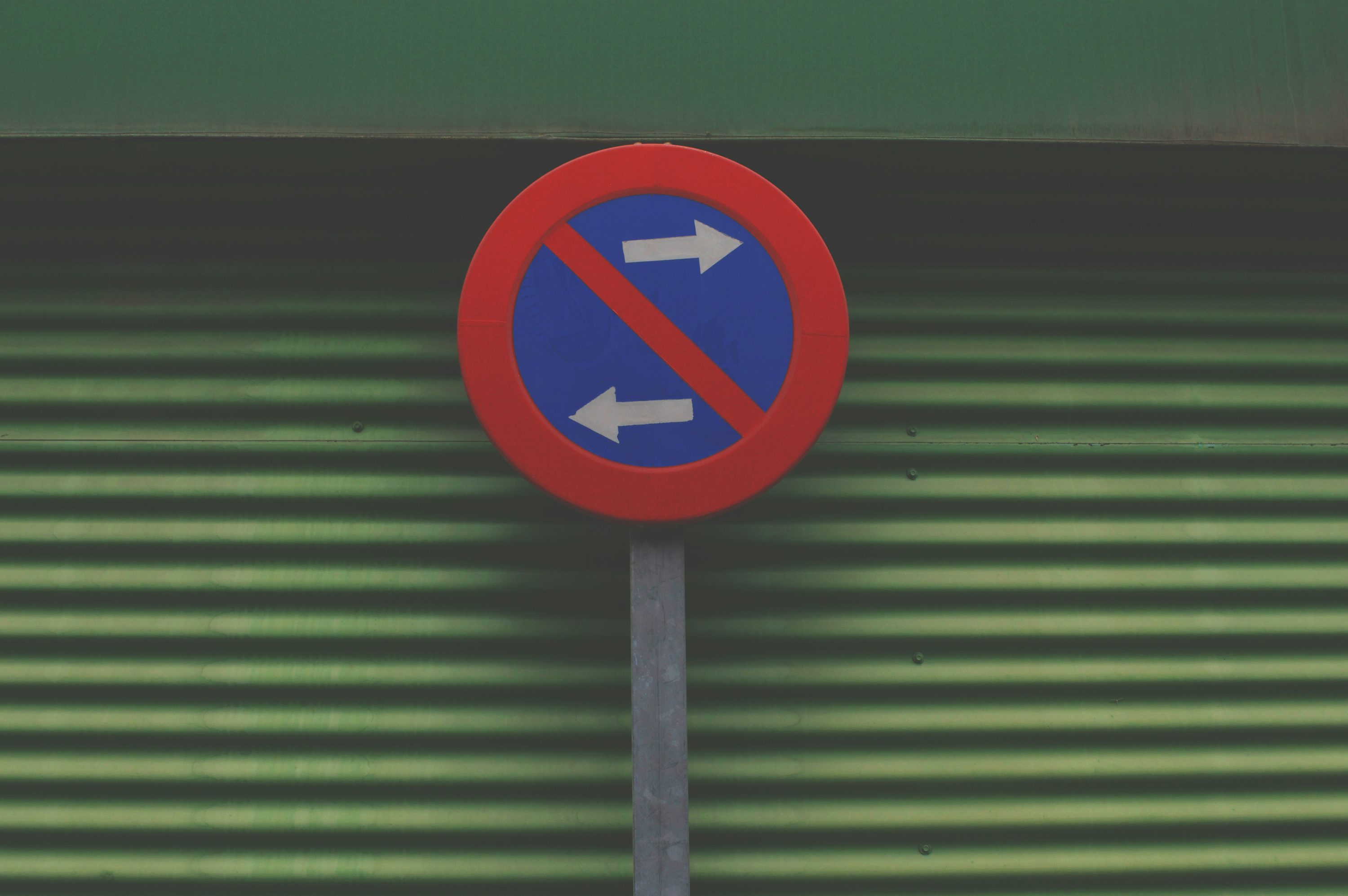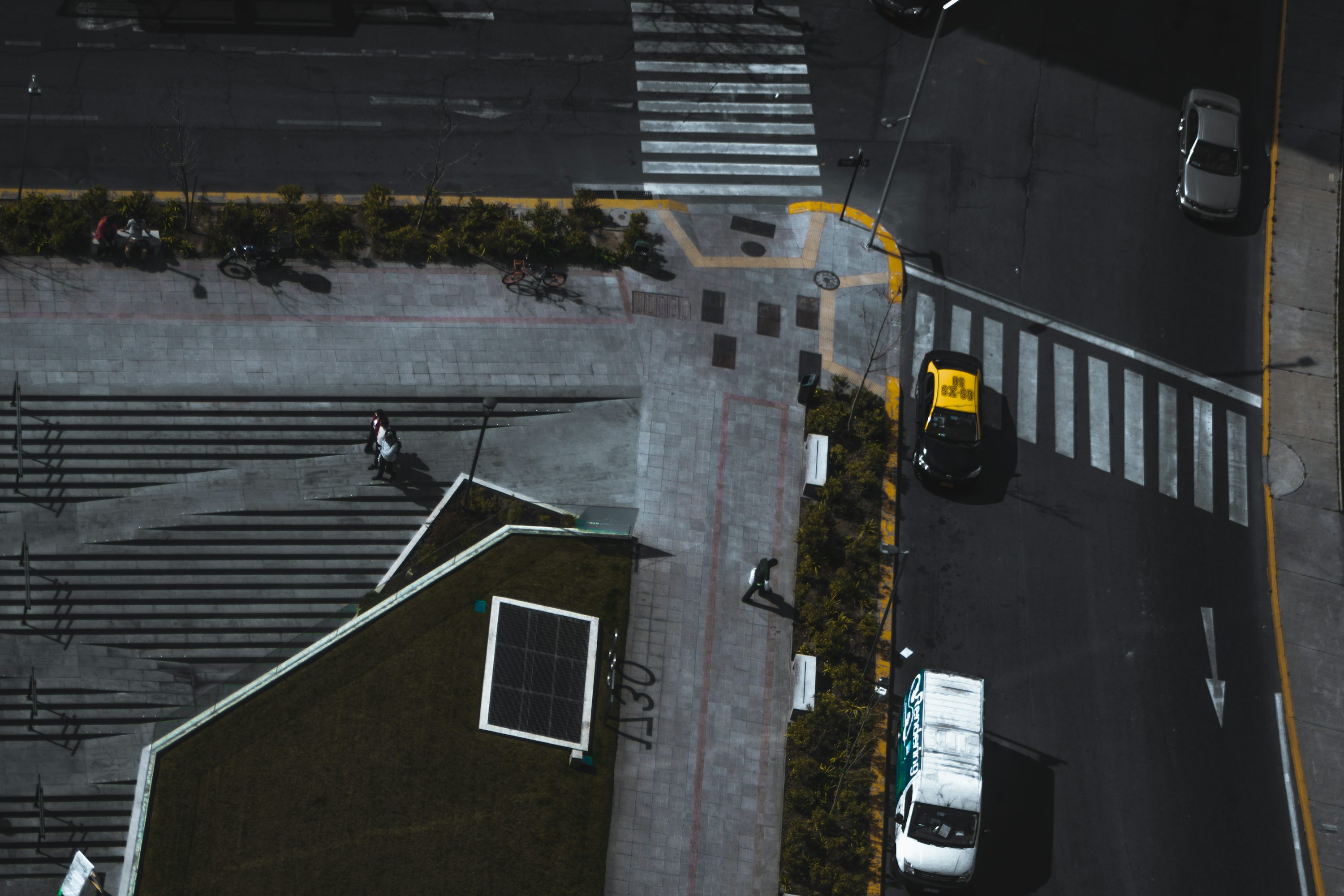Understanding how authorities like the Dubai Police enforce vehicle obstruction rules can save you from unnecessary fines and towing costs. Whether you're a resident or visiting Dubai, being aware of how to handle these situations can make driving stress-free. This guide explores the causes, consequences, and practical steps to avoid vehicle obstruction violations in cities like Dubai or anywhere else with strict traffic enforcement laws.
What is Vehicle Obstruction?
Vehicle obstruction refers to situations where a car blocks pedestrian pathways, driveways, emergency lanes, or other essential access points. Obstructions disrupt movement and may pose significant safety risks to the public.
Common Causes of Obstruction
Illegal Parking:Leaving your car in a no-parking zone or fire lane.
Blocking Driveways:Parking too close to residential or business entrances.
Abandoned Vehicles:Leaving cars for extended periods in high-traffic areas.
These problems can occur anywhere, but cities like Dubai often enforce rules strictly due to their commitment to urban safety.
Importance in Cities Like Dubai
Dubai’s traffic management strategy prioritizes smooth traffic flow and pedestrian safety. Vehicle obstruction can lead to hefty fines or towing by Dubai Police, who work to keep roads accessible at all times. This level of enforcement ensures that the city remains organized and safe for residents and tourists alike.
How Dubai Police Handle Obstruction Cases
Dubai Police follow a structured approach to manage vehicle obstruction and enforce laws effectively. Their swift actions are aimed at minimizing the impact on traffic and public safety.
When Obstruction is Reported
Initial Inspection:Officers inspect the scene to evaluate the obstruction.
Contacting the Vehicle Owner:Attempts are made to notify the owner, if possible.
Towing the Vehicle:If necessary, obstruction-causing cars are removed to ensure safety and traffic flow.
Rules Applicable in Dubai
Parking Regulations:Avoid parking in marked no-stopping or no-parking zones.
Emergency Lane Violations:Fines apply for blocking emergency lanes or hazardous areas.
General Traffic Flow:Obstruction can result in penalties ranging from AED 300 to SAR 500 or more.
These rules align with broader global standards to ensure public safety.
Tips to Avoid Obstruction Violations
Drivers can practice a few simple habits to steer clear of vehicle obstruction penalties. Following these measures can save you from unnecessary fines and inconvenience.
Pre-Parking Precautions
Check Signs:Look for signs indicating restrictions and legal parking spots.
Use Parking Apps:In cities like Dubai, parking apps can provide real-time updates on available spaces.
Avoid Restricted Zones:Stay clear of hospitals, schools, and emergency service areas.
Simple Daily Habits
Plan Ahead:Leave early to find appropriate parking spaces.
Obey Time Limits:Keep track of restricted parking durations to avoid overstaying.
Educate Yourself:Familiarize yourself with local traffic laws whether you're in Dubai or elsewhere.
By cultivating these habits, you can sidestep unnecessary fines and enhance your driving experience.
What to Do If Your Vehicle Is Towed
Having your car towed due to obstruction can be frustrating, but acting responsibly can mitigate further complications.
Immediate Actions
Contact the local police or traffic authority immediately.
Provide necessary documents like your driving license and vehicle registration.
Pay applicable fines and towing fees, which usually range between AED 500–1000 or SAR equivalent.
Preventing Repeat Incidents
Double-check parking restrictions every time you park.
Keep emergency contact details handy for quick resolution in case of towing.
Use online resources to stay updated on parking laws.
Role of Authorities in Managing Obstruction
Authorities such as Dubai Police play a key role in maintaining order on roads by responding promptly to vehicle obstruction reports. Their regulations and systems set an example for similar enforcement globally.
How to Report Obstructions
Online Platforms:Many cities offer apps or portals to report obstruction cases directly.
Hotline Numbers:Contact police for instant action against illegally parked cars.
Document Evidence:Take photos to back up your report if needed.
Global Comparisons
Efficient systems like Dubai’s highlight the importance of collaboration between drivers and authorities. From proactive planning to clear communication, these solutions help achieve smoother traffic flow in cities worldwide.
FAQs
Q:How do I know if my car might be obstructing traffic?
A:Look for visible signs like “no parking” or “fire lane.” Also, check if nearby cars or pedestrians are blocked due to your parked vehicle.
Q:What should I do if Dubai Police tow my car for obstruction?
A:Contact the nearest police station to inquire about your vehicle’s location. Bring necessary ID and pay towing fines to retrieve your car promptly.
Q:How can I stay updated on vehicle obstruction rules in Dubai?
A:Visit official government or police websites for guidelines on traffic and parking rules. These platforms often provide current details for drivers.
Read More:
Toyota bZ4X:Your Essential Guide to the Popular Electric SUV
Mazda Abu Dhabi:Your Guide to Buying and Owning a Mazda Car
The BYD Atto 3:Everything You Need to Know About This High-Tech Electric SUV











